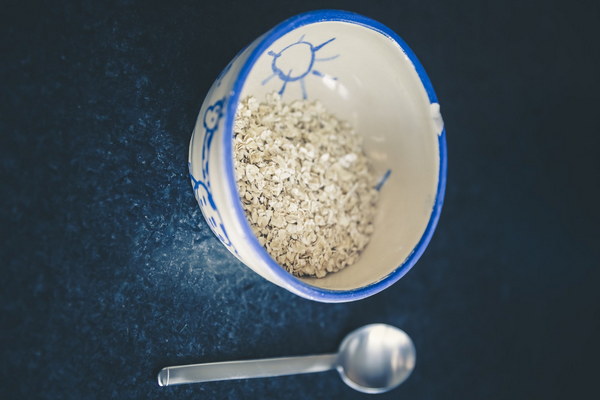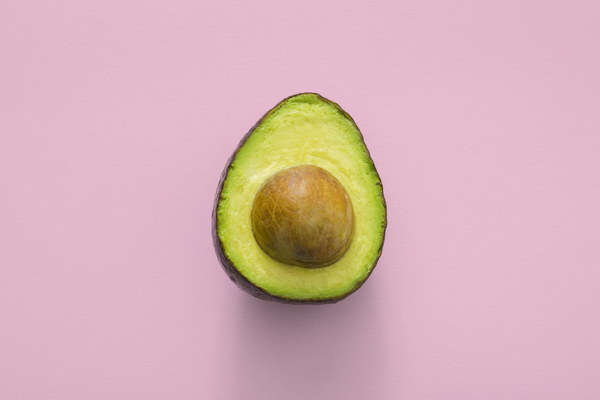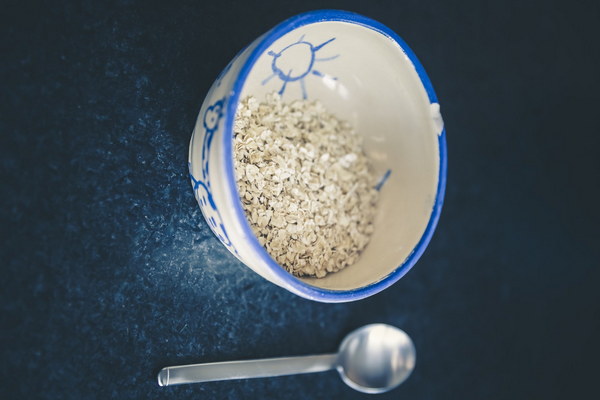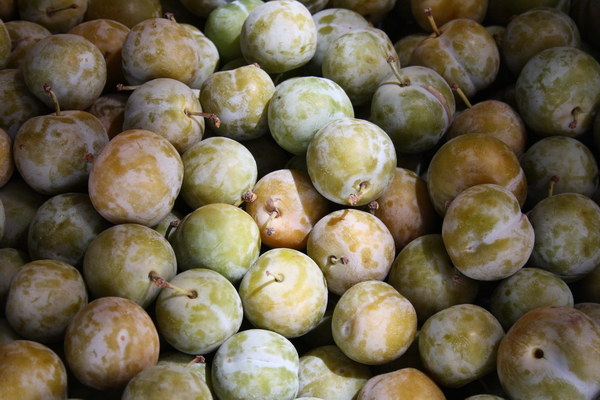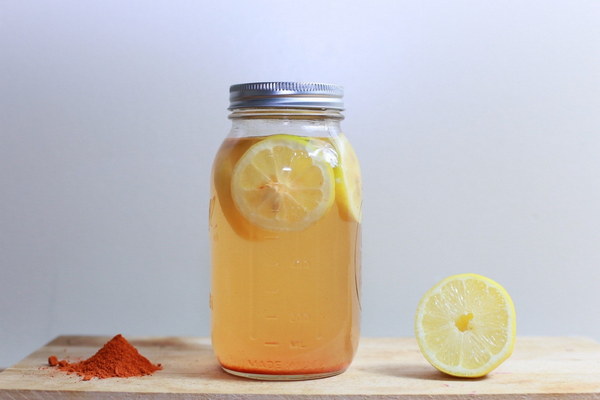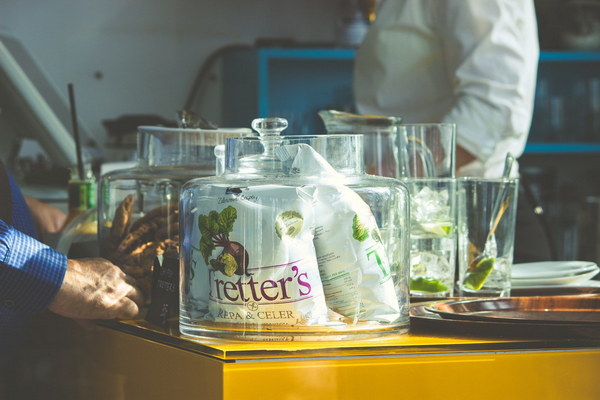Nurturing Liver Health A Comprehensive Guide for Elderly Women
Elderly women often face unique challenges in maintaining their overall health, and one of the most critical organs to focus on is the liver. The liver plays a vital role in detoxifying the body, metabolizing nutrients, and producing essential proteins. However, as women age, their liver function may decline, making it crucial to adopt a proactive approach to support liver health. In this article, we will explore various strategies that elderly women can implement to nurture their liver and maintain its optimal function.
1. Balanced Diet
A well-balanced diet is the cornerstone of liver health. Elderly women should consume a variety of nutrient-rich foods to support their liver's function. Some key dietary recommendations include:
- Incorporate plenty of fruits and vegetables, which are high in antioxidants and fiber.
- Include whole grains, nuts, and seeds in the diet, as they provide essential fatty acids and vitamins.
- Choose lean protein sources, such as fish, poultry, and legumes, to support liver regeneration.
- Avoid excessive alcohol consumption, as it can cause liver damage and inflammation.
2. Stay Hydrated
Proper hydration is essential for maintaining liver health. Drinking plenty of water helps flush out toxins and supports the liver's detoxifying process. Elderly women should aim to consume at least eight glasses of water daily.
3. Regular Exercise
Physical activity is vital for liver health, as it improves blood flow and supports the body's natural detoxification process. Elderly women can engage in moderate-intensity exercises, such as walking, swimming, or cycling, for at least 150 minutes per week.
4. Manage Weight
Excess weight can increase the risk of liver disease, such as non-alcoholic fatty liver disease (NAFLD). Elderly women should aim to maintain a healthy weight by following a balanced diet and engaging in regular exercise.
5. Limit Toxins
Elderly women should be cautious about the products they use in their daily lives, as some can contain harmful chemicals that may affect liver function. Opt for natural, non-toxic alternatives when possible, and avoid exposure to environmental toxins.
6. Get Regular Check-ups
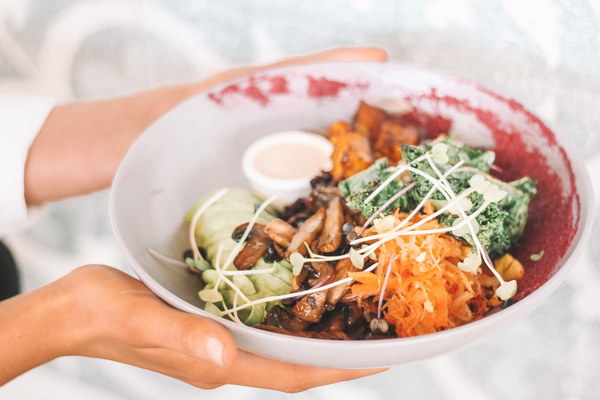
Regular medical check-ups are crucial for monitoring liver health. Elderly women should discuss their risk factors with their healthcare provider and undergo liver function tests as recommended.
7. Consider Supplements
While a balanced diet should provide most of the necessary nutrients, some elderly women may benefit from supplements. Consult with a healthcare provider before starting any new supplement, but some commonly recommended options include:
- Milk thistle: Known for its liver-protective properties, milk thistle may help support liver function.
- Glutathione: An antioxidant that supports the liver's detoxifying process.
- Vitamin E: A powerful antioxidant that may help reduce inflammation and support liver health.
In conclusion, elderly women can take several steps to nurture their liver health and maintain its optimal function. By focusing on a balanced diet, staying hydrated, engaging in regular exercise, managing weight, limiting toxins, getting regular check-ups, and considering supplements, they can significantly reduce the risk of liver disease and support their overall well-being. Remember, it's never too late to start taking care of your liver!

